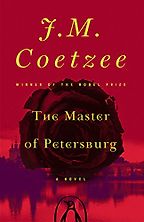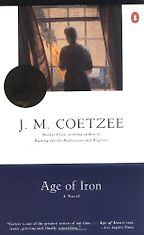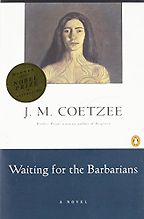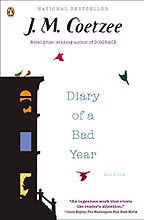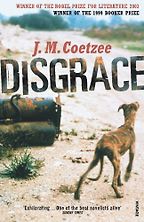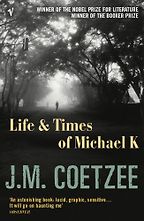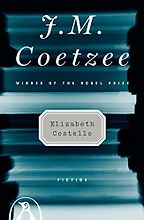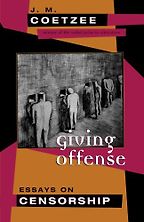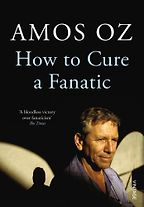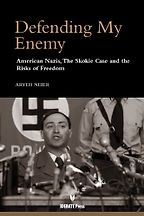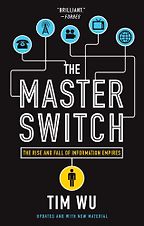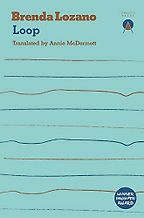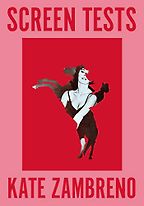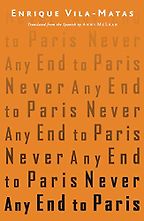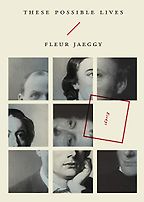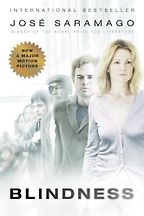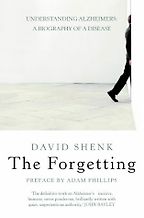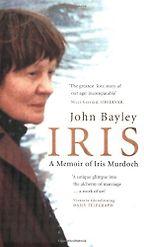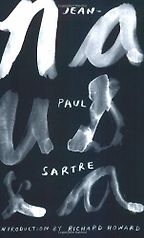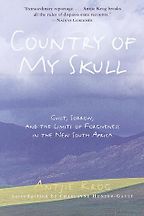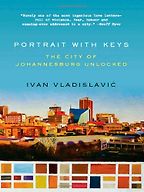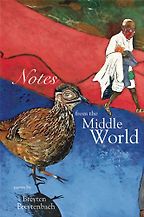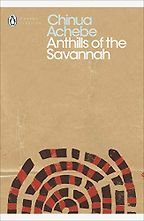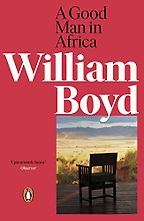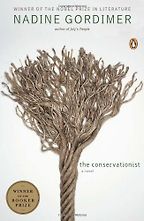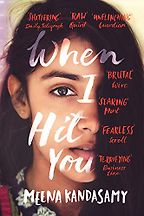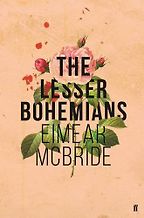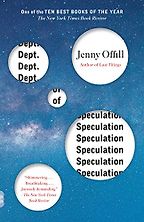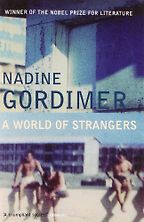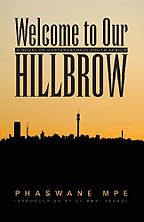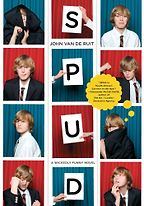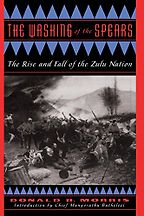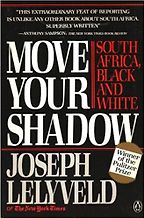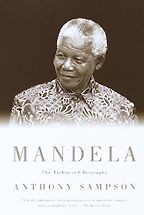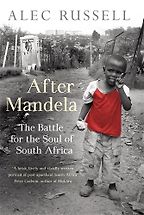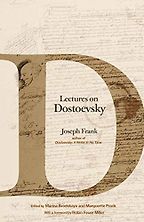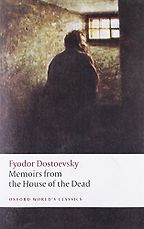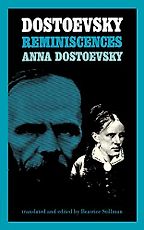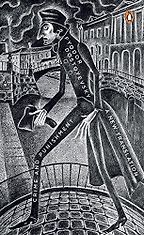
Books by J M Coetzee
J.M. Coetzee (1940-) is a South African novelist. In 2003, the Nobel Prize in Literature was awarded to Coetzee “who in innumerable guises portrays the surprising involvement of the outsider.”
“In The Master of Petersburg, Coetzee basically creates a fictional version of Dostoevsky who goes to St Petersburg from his exile in Europe. So Coetzee’s created a sort of counter-factual, partly inspired – sadly – by his own son falling from an 11th-floor balcony. That plays into the emotional truth of this amazing novel, which also vividly evokes the atmosphere of the time – all these little alleyways and small courtyards where people are hanging out their laundry, the sights and sounds and smells of St Petersburg of the time. It’s a brilliant, atmospheric way of bringing this period to life.” Read more...
The Best Fyodor Dostoevsky Books
Alex Christofi, Literary Scholar
“The author is JM Coetzee, the Nobel prize-winning author and, in my view, one of the top five living writers in the English language. Age of Iron is quite a short book – you could probably read it in a couple of hours. It’s set in mid-1980s South Africa, a time of tremendous political ferment. Mandela was imprisoned in 1964 and what followed for the next 10 years was a grave-like quiet of resignation by black people. In 1976 the first simmerings of rebellion occur and by the mid-1980s you had clashes daily in practically every township all around the country. You had the black political movement in full-on insurrectionary mode. It’s against that background that the novel is set. But Coetzee doesn’t go out and give you vivid descriptions, he’s never overtly political, he’s concerned much more with conveying a moral atmosphere.” Read more...
The best books on Nelson Mandela and South Africa
John Carlin, Journalist
“Waiting for the Barbarians was the Coetzee book that I was always most attached to – I think it’s the Coetzee book that most South Africans are attached to. Coetzee takes the mood of the 1980s state of emergency – when people were being detained and disappearing and there was a fear of communist or black madness on the borders – and he makes it more interesting by creating this partial allegory of some unnamed empire…It’s about a magistrate. He works for the empire, you don’t know what the empire is and you don’t know what century it’s taking place in. The magistrate is trying to administer law and order, he’s trying to be a figure of some kind of justice. And all the time there’s fear that the barbarians are about to invade and take down the empire. All sorts of draconian measures and violations of decency are carried out in the name of emergency. Needless to say, it ends unhappily.” Read more...
The Best South African Fiction
Imraan Coovadia, Novelist
“You have interfering narratives, and you can read across the double spread of the page, or down each page. Depending on which way you do it, you learn different things about each of the segments. That sounds very complicated, but it’s incredibly easy to read, and it’s very profound.” Read more...
Rebecca Watson, Novelist
“This book was written in the late 90s and although it is very difficult – especially with writers like J M Coetzee – to link the work to the man, my personal reading of the book is that it is a work of profound disappointment and sadness.” Read more...
The best books on Post-Apartheid Identity
Kevin Bloom, Journalist
“An absolutely devastating read from the first page, but you can’t put it down. It’s a terrible and beautiful story about a man whose mother is dying.” Read more...
The best books on Mental Illness
Samantha Harvey, Novelist
“Coetzee has created this alter ego, in a way, a female academic, and he sets this fictional/non-fictional self through a world that’s essentially identical to our own. In this way, I feel this book carves out a little space between the novel and the essay, which is a place I’m very interested in exploring.” Read more...
The Best Counterfactual Novels
Catherine Lacey, Novelist
“Here is a writer, a very fine writer, going at it through literature, and what is literature about if not free speech?” Read more...
Timothy Garton Ash, Historian
Interviews where books by J M Coetzee were recommended
The best books on Free Speech, recommended by Timothy Garton Ash
Free speech is the bedrock of a healthy society, but how do we deal with the torrents of horrible comments—and worse—we see on the internet every day? Timothy Garton Ash, author of Free Speech: Ten Principles for A Connected World, outlines a plan for navigating the complexities and recommends the best books to help us think about free speech.
The Best Counterfactual Novels, recommended by Catherine Lacey
Novelists often make the decision to create alternate realities—worlds that are very like, but not quite identical, to our own. Catherine Lacey, the acclaimed novelist whose latest book Biography of X is set in a United States in which the Southern states seceded during the 20th century, talks us through the process of plotting counterfactual timelines and recommends five books that explore the slippery relation between truth, reality, and fiction.
The best books on Mental Illness, recommended by Samantha Harvey
The author discusses books on mental illness, explaining the conditions that keep us sane and the effects of removing them. Recommendations include Sartre, Coetzee, and John Bayley on Iris Murdoch
The best books on Post-Apartheid Identity, recommended by Kevin Bloom
The award-winning South African writer Kevin Bloom discusses five books that bring light to post-apartheid South Africa with focus on the predicament of the white South African. Do whites ‘deserve’ to feel at home in their country?
The best books on Being White in Africa, recommended by Justin Cartwright
The award-winning novelist thinks Africans want to know how it is that white men have got their hands on all the money. He picks five books on what it means and meant to be white in Africa
The Best Experimental Fiction, recommended by Rebecca Watson
Experimental fiction often uses unusual forms of syntax, style, or form—perhaps taking the form of fragments, footnotes or parallel narratives. Here Rebecca Watson, author of the critically acclaimed experimental novel little scratch, recommends five of the best experimental novels and explains why a writer might choose to bend the rules—and to what effect.
The Best South African Fiction, recommended by Imraan Coovadia
The South African novelist gives us an unvarnished view of the writer’s life, and explains how literature told the story of apartheid and why comedy is the easiest way to talk about race
The best books on Nelson Mandela and South Africa, recommended by John Carlin
Nelson Mandela was a most unusual and unusually astute leader, says journalist and author of Playing the Enemy, John Carlin. He chooses the best books to understand Nelson Mandela, who used forgiveness as a political tool, and South Africa, the country he brought peacefully out of apartheid.
The Best Fyodor Dostoevsky Books, recommended by Alex Christofi
His father had clawed his way up into the minor aristocracy, but Fyodor Dostoevsky chose to live the life of an impecunious author. He was sentenced to death, but his execution was stayed and he spent years in a Siberian labour camp instead. His books are about human compassion, but he was a difficult man who had trouble with his own personal relationships. Alex Christofi, author of a brilliant new biography of Dostoevsky, one of Russia’s greatest novelists, recommends five books to learn more about the man and his work—including the novel of which Tolstoy said he ‘didn’t know a better book in all our literature’.
